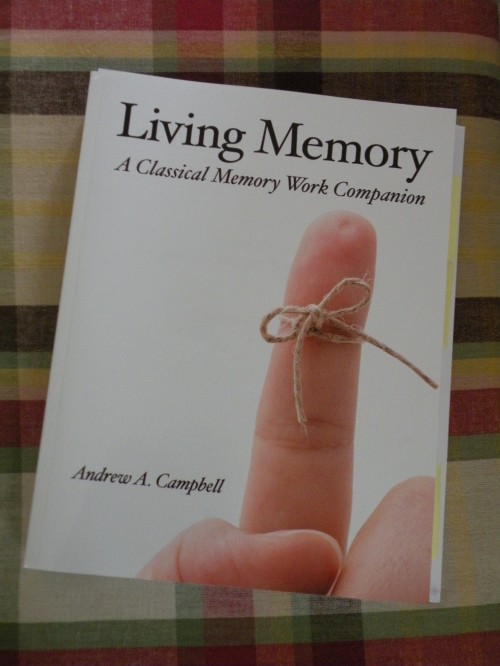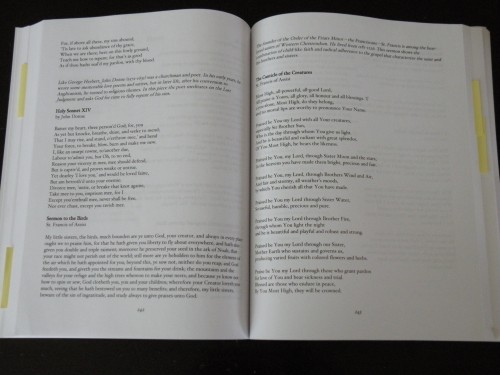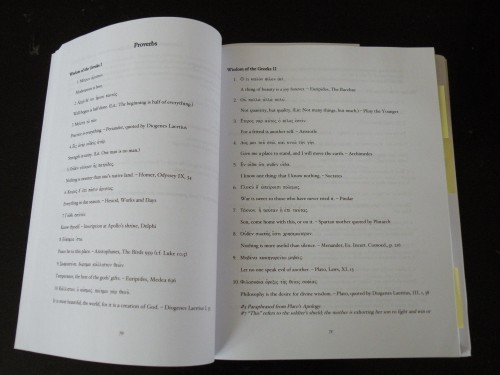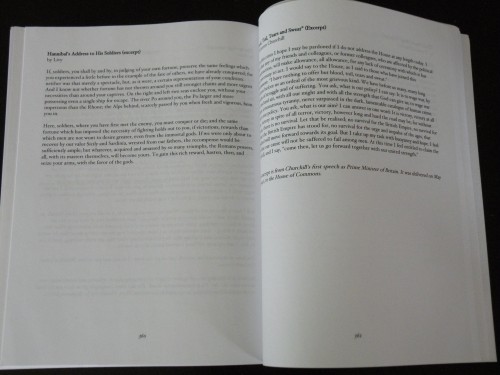If you have read many of my other reviews you already know that I like for things to be easy. If they aren’t easy, I at least don’t want them to be a ton of work for me. After all, my inner educator proclaims, this is their education, not mine! This of course is true to a point. We all know, I reply to my inner educator, learning never stops; least of all, perhaps, for a home educating mama.
In addition to easy, I want things to make sense, for them to be logical. Timely, too, in that when they are presented with new ideas, those new ideas make sense to my little learners. I want to be developmentally appropriate, and I want to cover material that will be useful and necessary.
We ascribe to a sort of Classical, sort of Charlotte Mason, very literary-based education for our children. The idea of a lot of rote memory work does not fit into my idea of practical or useful. The idea of memorization for the purpose of reviewing and cementing ideas, though, is another story. If memory work is one of the tools–like reading and writing and listening and drawing–that we use to gather and corral ideas, that is something I like and want to use.
I have found a great resource by Andrew A. Campbell called Living Memory: A Classical Memory Work Companion that has removed some of the burden of memory work from my shoulders.
It is simply a book of lists. The lists, derived from academic subjects, contain organized information for the purpose of memorization. Dr. Campbell includes an essay detailing the how and why of using memory work as one of the tools of learning. The remainder of the book is comprised of lists of information in the following broad subjects: Latin and Greek, arithmetic and mathematics, grammar and composition, literature, religion, geography, world history, United States history and civics, and natural sciences. Each section is broken down into more specific categories and into lists. There are speeches and portions of documents. There are formulas. There are charts. All of this is intended to be used over the academic lifetime of a student–from Kindergarten to graduation.
The book has been helpful to me in two ways. First, it has given me ideas. Sometimes the question of what to memorize has been overwhelming to me–so overwhelming that I have thrown up my hands and provided nothing for my kids to concentrate on retaining. Now, I can open Living Memory, find a science list that fits with our studies, and put my little learners to work.
Second, Dr. Campbell has assured me that memorizing something is better than memorizing nothing, that I can start small and build, and that memory work can and should be in the context of our studies. I like that. It makes sense to me, because it is orderly and timely. It is developmentally appropriate. Also, it is simple and easy. And you know that I like easy.
Living Memory: A Classical Memory Work Companion by Andrew A. Campbell provides comprehensive lists in a variety of pertinent subjects to be used for memory work. It can be found on Lulu.com in both digital ($14.95) and paperback ($22.46) versions.
Susan S. is a home educating mama of three in the Commonwealth of Kentucky. Her days are wild and lovely, full of chattering, learning children. In all of the mess, she learns the most, taught by the Master Teacher Himself.





This sounds amazing! Thank you for the review.
Annie Kate
Hi, thanks for reviewing! So I’m wondering how would a day’s lesson would go? Is it mom consistently reading throughout the week and left on your own to figure out how to get your kids to memorize? I have done this before and it takes a bit of time but I do still like the idea of incorporating memory work in our homeschooling. Thanks!
The link you had on your website is no longer working. Do you know if there is still a way to get the digital copy of this book or any copy? The price for this book looks like it has gone up remarkably.
It looks like it is no longer in print. Looks like Ebay may be your best bet.